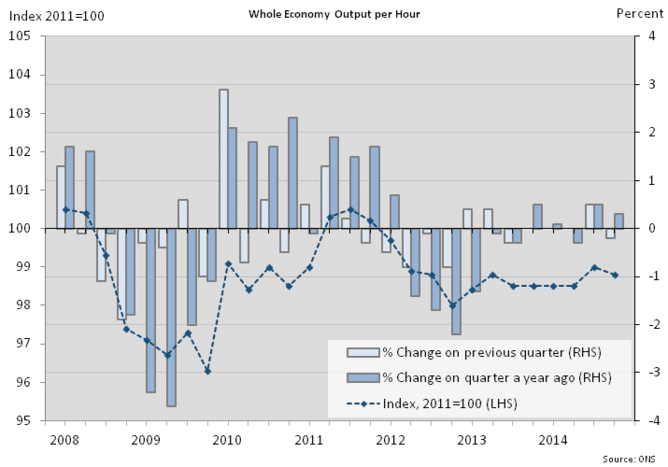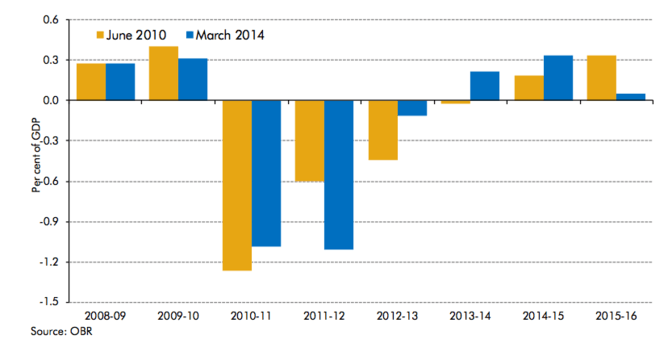British Economy Making Comeback but Challenges Loom
British GDP shot up 0.7 percent in the second quarter, improving upon 0.4-percent growth seen in the first quarter. Factory output faltered during the second quarter, and a stronger currency is hurting the export sector.
Data from the Office for National Statistics further showed that Britain is increasingly relying on domestic demand to sustain the economy. Analysts also expect domestic demand to remain strong, as wage increases allow more people to pour money into the economy. Inflation is also down, and more firms show a willingness to invest again.






